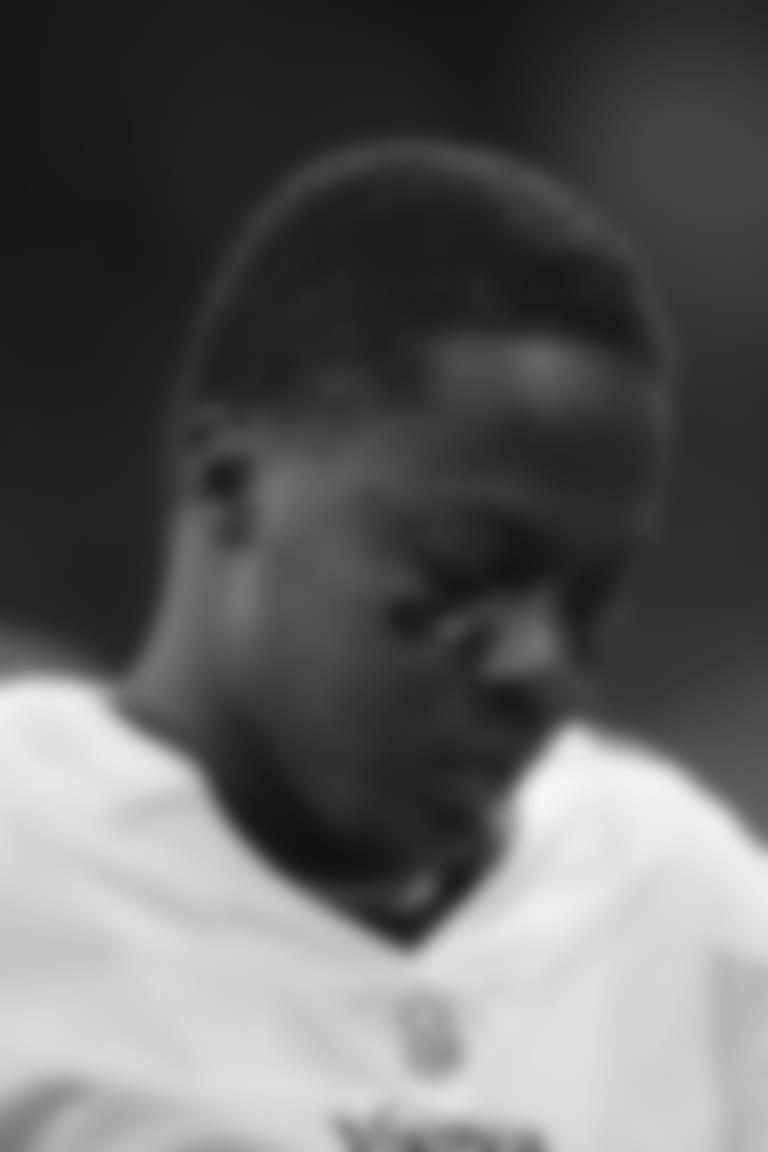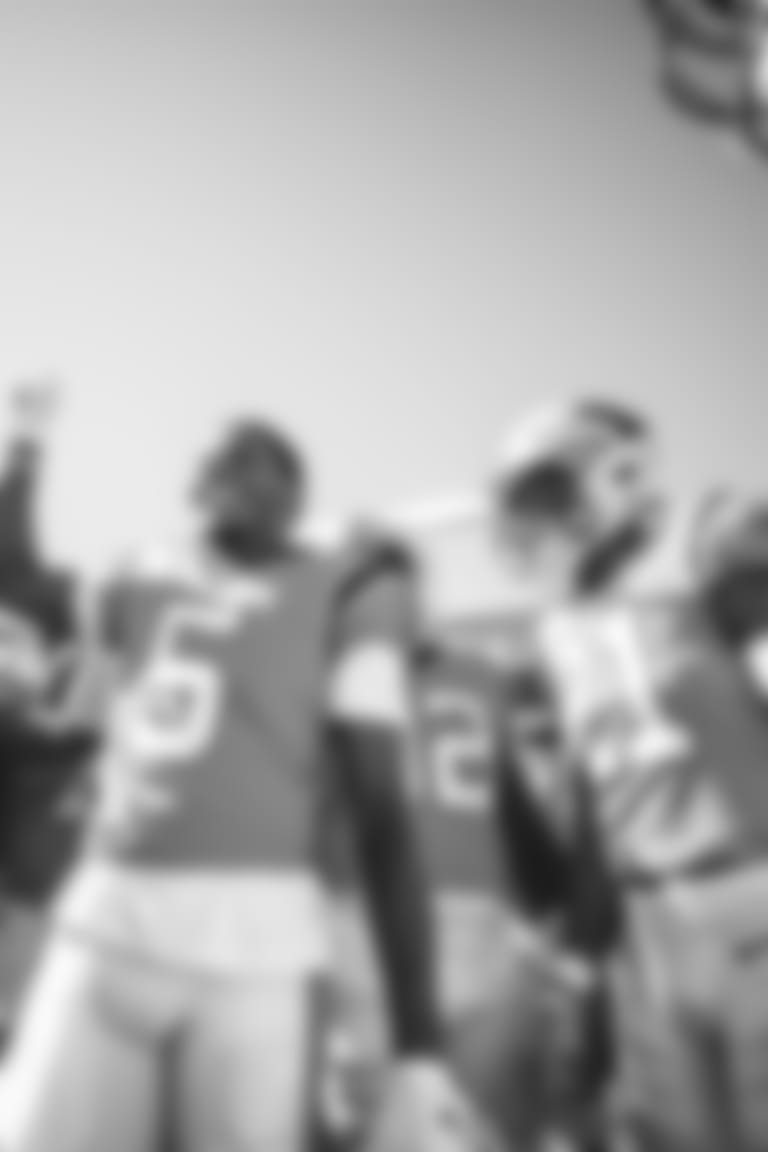Teddy Bridgewater did a superhuman thing.
But Teddy Bridgewater is still very human.
Most fans and even his work acquaintances don't see anything but happy Teddy, smiling Teddy, singing Teddy, upbeat Teddy. And that version is still the largely accurate one, most of the time, because he feels an obligation to be that guy.
Those closest to him have seen the other side, but only briefly, because that's the Teddy the world needs to see and the one he wants to present.
Vikings assistant coach and former cornerback Terence Newman may be one of the few who have seen the Teddy that's largely hidden from view. He's seen the flashes of doubt, the moments when the star quarterback wasn't sure if he was ever going to play again at all, much less play well.
And when Newman saw those glimpses, he made sure they went away. Because he knows what Teddy means to people.
Too often when we watch football games — games played by men in helmets and armor, covering faces and bodies that we rarely see — we assume the men inside are indestructible because they look that way. And because so many people are invested in fantasy football, or even their lives outside ball games, they're OK going on with the assumption the people inside those suits of armor must be indestructible too.
The Teddy that everyone sees — smiling, dancing, telling jokes and singing songs and being great at playing football — certainly appears to be.
That's because he's back now, after effectively destroying his left knee in a non-contact fall during Vikings practice in 2016. That story's been told. They called an ambulance in the middle of practice. It was that bad. And that injury has practically become another cast member in the screenplay of his life, something to move the story along to this year, as if The Injury was a plot device designed to deliver him to Charlotte, so he could overcome a big thing and share his light with others.
INTO THE DARKNESS
The days after the injury were hard.
If you need graphic details of the injury, they're out there on the internet. The short version is, his knee dislocated, tearing the ACL and doing a lot of other damage as well. It took two surgeries to fix, and there were immediate concerns in Minnesota that he might not walk normally, much less play football.
But before the injury, teammates were used to Bridgewater being the guy to keep other people up. So when Newman would walk into the Vikings training room, he could see right away what kind of day it was going to be.

"I remember, there were times I'd walk in there, and I saw the look on Teddy's face and knew he wasn't right," Newman said of Bridgewater's first days of a rehab process that would last more than a year. "When I saw that look, I'd make eye contact, and I'd walk in, and I'd walk back out and in again, so we could start over and he could get back to where he needed to be.
"He appreciated the fact I knew what he was going through. But acknowledging the fact I knew what he was going through was something he needed. I was not going to let him feel bad for himself in that moment."
The message was unspoken, but it was clear.
Too many people were expecting Teddy to be Teddy, for themselves, for the team, and for everyone around them.
On those days, Teddy had to be Teddy for himself, so Newman would back out of the room, allow Bridgewater to reset, and walk back in for that flash of the Teddy everyone sees, so he could get back to being the guy everyone assumed he was every moment of the day.
"When you're looking in the face of difficulty, you have to make sure you're smart with it," Newman said. "What you want to do with adversity is smile at it. It's like, 'Today's not that day, Teddy, too many people need your energy.'
"He had some bad days. Being around him, he's been in some dark places. But he has an energy that people need."



















